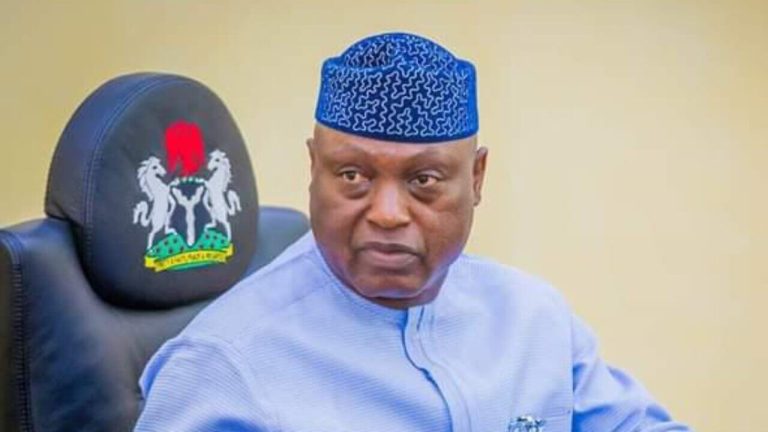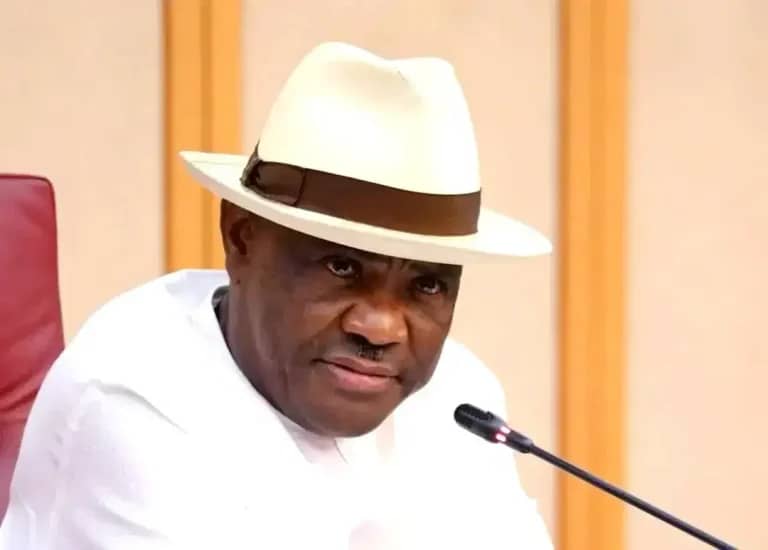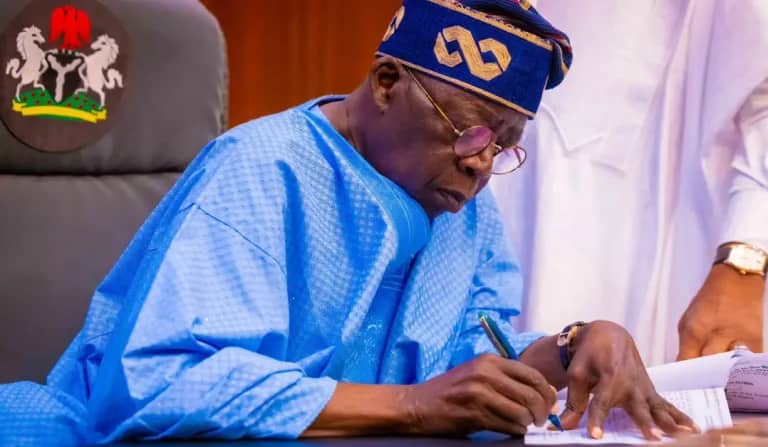Ekiti State Governor Biodun Oyebanji has dissolved the State Executive Council with immediate effect, in a significant shake-up of his administration. The announcement was made late on Sunday through a statement issued by the Secretary to the State Government, Prof. Habibat Adubiaro, in Ado-Ekiti.
According to the directive, all affected commissioners and special advisers are required to hand over to the permanent secretary or the most senior civil servant within their respective ministries, departments, and agencies. The governor expressed appreciation to the outgoing officials for their service and contributions during their time in office.
“The Governor thanks the affected members of the State Executive Council and wishes them success in their future endeavours,” the statement read.
While the dissolution affected a significant number of cabinet members, several top officials have been retained. Those remaining in their positions include the Attorney General and Commissioner for Justice, the Commissioner for Health and Human Services, the Commissioner for Agriculture and Food Security, the Commissioner for Education, the Commissioner for Works, and the Commissioner for Trade, Investment, Industry and Cooperatives.
Two special advisers were also spared from the reshuffle — the Special Adviser on Special Education and Social Inclusion, and the Special Adviser on Lands, Survey and e-GIS.
In addition, three director generals will continue to serve in their roles. They are the Director General of the Office of Transformation and Service Delivery (OTSD), the Director General of the Sustainable Development Goals (SDGs) and Project Monitoring, and the Director General of the Bureau of Public Procurement (BPP).
Although no official explanation was provided for the cabinet dissolution, political analysts see it as a strategic move ahead of the state’s upcoming political calendar. The Ekiti gubernatorial primaries are set for October 2, 2025, and the shake-up is being interpreted as part of Governor Oyebanji’s efforts to consolidate his political base and position his administration for the challenges of the election period.
Observers note that such restructuring is common in Nigerian politics when a governor seeks to align the executive team with emerging priorities, strengthen loyalty among key aides, and ensure a cohesive approach in the months leading up to critical polls. Retaining specific commissioners and advisers suggests that the governor values continuity in areas he considers crucial to his administration’s performance and public image.
The decision also signals a careful balance between introducing fresh political energy into the cabinet and maintaining experienced hands in strategic ministries. Sectors such as justice, education, agriculture, works, and trade are expected to play key roles in the administration’s policy agenda, making the retention of their heads significant for continuity and stability.
The governor’s choice to keep certain special advisers and director generals underscores the importance he places on long-term policy execution and technical oversight. Offices like the SDGs and Project Monitoring, the Bureau of Public Procurement, and the OTSD are central to development planning, service delivery reforms, and adherence to governance standards.
As the political season in Ekiti State gathers momentum, the reshuffle is likely to be closely watched for its impact on the governor’s political alliances and on the performance of the reconstituted cabinet. For now, the move appears to be both a signal of change and a reaffirmation of trusted leadership in key areas of governance.





